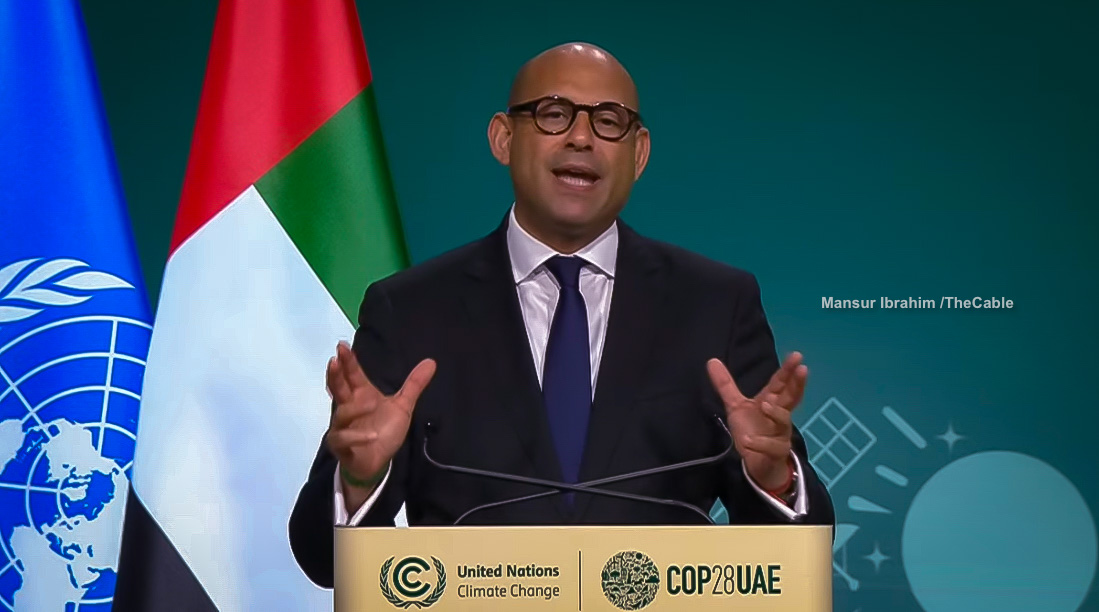heatwave
The European Union’s Copernicus Climate Change Service (C3S) says the earth has experienced its hottest June in history.
In its report, the organisation said last month surpassed the previous warmest June, which occurred in 2023.
The EU’s climate service said June 2024 was the 12th consecutive month of record temperatures exceeding the 1.5°C pre-industrial level.
It said last month also marked the 13th consecutive month of record-breaking global temperatures.
Advertisement
Global temperatures have been consistently surging since June 2023, and according to C3S, last month was 1.50°C above the estimated monthly average for 1850 – 1900, the pre-industrial reference period.
C3S said global temperature for the past 12 months (July 2023 – June 2024) is the highest on record, at 0.76°C above the 1991-2020 average and 1.64°C above the 1850-1900 pre-industrial average.
The report said global sea surface temperatures are also at their highest ever as the average for June 2024 was 20.85°C.
Advertisement
Carlo Buontempo, director of C3S, said the warming highlights “a large and continuing shift in our climate”.
“Even if this specific streak of extremes ends at some point, we are bound to see new records being broken as the climate continues to warm,” he said.
“This is inevitable, unless we stop adding greenhouse gas into the atmosphere and the oceans.”
The goal of the 2015 Paris Agreement was for countries to pursue efforts “to limit the temperature increase to 1.5°C above pre-industrial levels”.
Advertisement
However, in recent years, world leaders have harped on the need to limit global warming to 1.5°C by the end of the century.
This is because the UN’s Intergovernmental Panel on Climate Change indicates that crossing the 1.5°C threshold risks unleashing far more severe climate change impacts, including frequent and severe droughts, heatwaves and rainfall.
To limit global warming to 1.5°C, greenhouse gas emissions must peak before 2025 at the latest and decline 43 percent by 2030.
Advertisement
Add a comment









